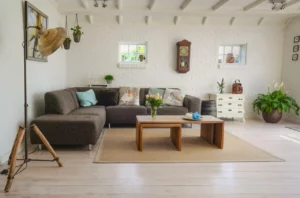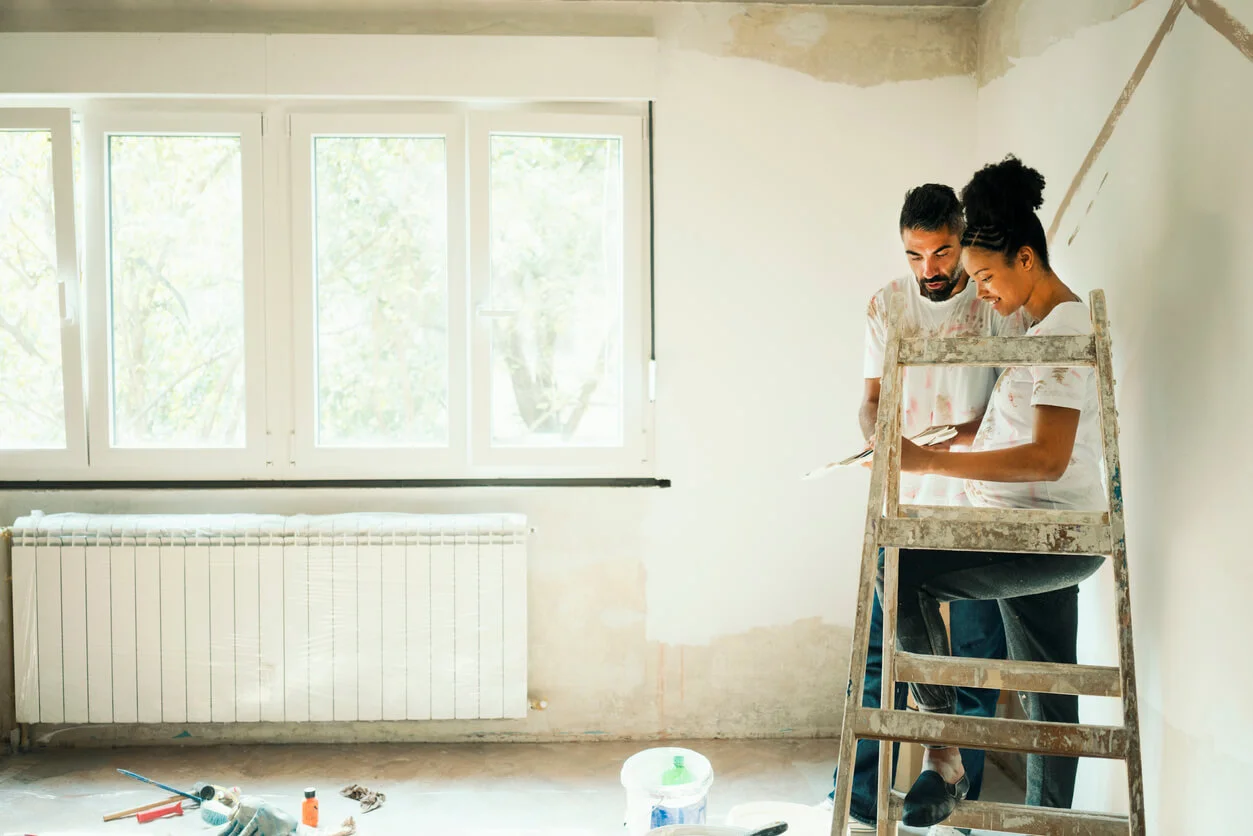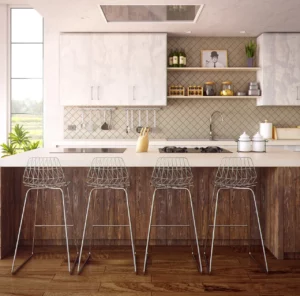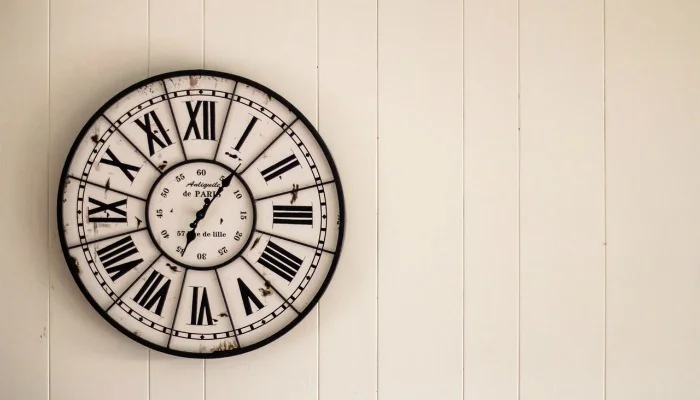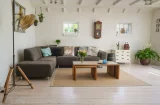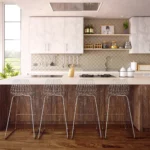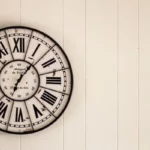Furniture Trends for 2021
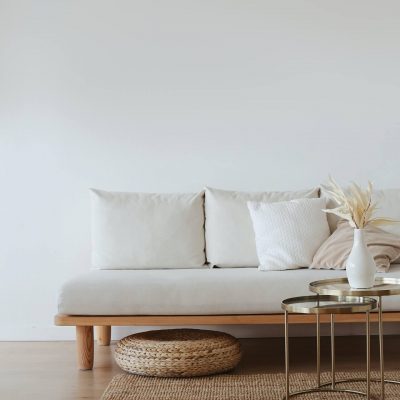
Like many words bandied about in social media, the term “trend” has become muddied. Originally defined as a “current style or preference”, the word has taken on a life of its own. Our society now lives in a world where ideas are updated by the minute.
A ‘trend’ therefore, has become a significant indicator of what is going on ‘right now’. But trends are bigger than a celebrity’s thought; they are also predictors of what is to come.
Forecasting what style or preference will be popular in the future is based on analytics; experts conduct an extensive analysis of our lifestyles and mindsets.
While it is true that trends come and go, their importance cannot be minimized. After all, they give direction and help guide individuals to make key decisions about style and fashion.
As a professional in the interior design industry, keeping on top of trends enables you to stay competitive. What are the current influences shaping the industry? And what colors and styles are predicted to be popular in 2021?
Current Influences Shaping Furniture Trends for 2021:
The interior design industry does not exist in a vacuum. Current influences therefore affect the predicted styles, colors, fabrics, and popular manufacturers.
- For many people, recent events have altered not only how the home is viewed, but also how it is used. More than ever, your abode is your sanctuary; the space where you work, relax, exercise, educate, and spend time with loved ones.
Apartments and houses are all about integrated living spaces; homes need to support each one of these activities and make it part of the design. Furniture trends are therefore influenced by this need for comfort and multifunctionality.
- With the increase in time spent indoors, homeowners now crave a space that truly reflects their unique taste, character, and personality. This has heightened the desire for statement pieces as well as custom-made furniture.
Famous designers, artists, and sculptors are becoming creators of armchairs, sofas, and carpets. For the average consumer, “mass market now also seeks to produce products that can easily be customized”. Why not have a home in which the furniture meets your specific taste and needs?
- Homeowners continue to be mindful of sustainability. Choosing furniture made from natural materials and recycled products are becoming the norm. “Many people also start to search and choose locally manufactured items and handcrafted elements, from small local firms or directly from the producer, which gives a whole new read on the expression ‘creating a home’.
- There is also a growing popularity in the acquisition of vintage or antique furniture. Homeowners want to make use of something already created; they want to embrace quality that has stood the test of time.
These unique pieces can make a statement while providing a path towards sustainability. It allows traditions and unique techniques to be preserved and brings unique beauty into any décor composition.
- Living in large cities has created a desire to incorporate nature into a home’s style as well as its furniture. Biophilic design focuses on bringing nature in; “it incorporates nature indoors with colours, materials, and live plants that promote health and wellness”. Furniture is created from natural materials such as stone, marble, wood, glass, wicker, and jute. Fabrics for chairs, couches, and bedding can include cotton, seagrass, bamboo and even, corn.
Europe has always been an inspiration for furniture trends and 2021 is no exception. With around one fifth of the world’s home-furniture consumption, Western European countries have the power to create and perpetuate trending designs.
Scandinavian design remains popular, as well as a new combination of Scandinavian and Japanese style, called “Japandi”. This blends the best of both styles, and incorporates functionality, simplicity, and the use of minimal décor.
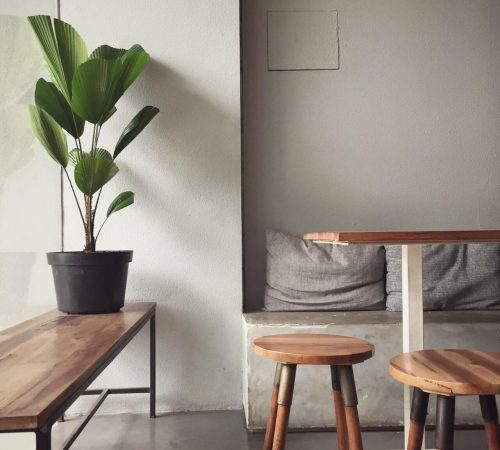
Predicted colors and styles:
The current influences affect the furniture trends in every room.
Living rooms:
- Couches are created with comfort in mind; this trend of over-sized, swollen and lazy-looking seating and sofas is an expression of modern life. This spacious furniture is made for rest and relaxation.
- The inviting furniture continues this trend of comfort with soft, luxurious fabrics such as velvet and velour.
- Large, comfy chairs are used to create a reading nook in the corner of a living room, bedroom, or home office, offering homeowners a cozy place to relax, read, and unwind.
- Furniture colors are rich and include the hues of precious stones such as sapphire, citrine, emerald, and amethyst. For homeowners less enthused with bold colors, gray remains a popular choice for furniture.
- Everything old is new again; the oblong, curvy-shaped furniture is reminiscent of the 1970’s.
- Geometric designs play front and centre on furniture utilized for storage.
- Coffee and side tables consist of a mix of natural materials: wood (both dark and light), metal, stone (concrete and marble), wicker, jute, and glass. Their rounded edges continue the flow of movement and mimic the shape of the sofas and chairs.
- Statement pieces, often vintage, help to create a unique design composition and incorporate the homeowner’s personal style.
- As multifunctionality and integrating spaces are priorities, zones can be created with open shelving. This utilizes every design aspect of a room; no detail is superfluous.
- The live-edged, weathered-wood, concrete, and metallic tables and shelving of Industrial design are still trending as well.
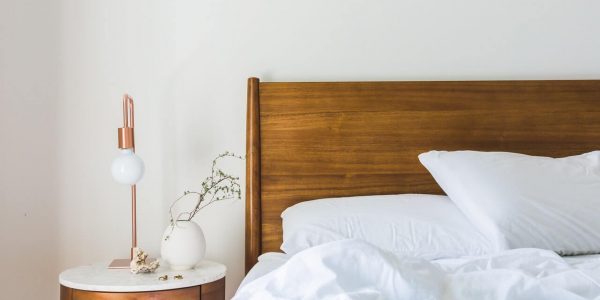
Bedrooms:
- The trend of comfort continues in the bedroom. Bedding is luxurious, welcoming, and made from natural fabrics. The soft, muted colors cocoon the homeowners in warmth and style.
- Art Deco influences are popular in 2021. Bedroom furniture showcases decadent, glamourous details such as velvet, marble, and mixed metal accents.
- Headboards are padded and covered in soft, comforting fabric.
- For a technology-forward bedroom, headboards are also integrated with pendant lights and charging stations. This is especially advantageous for rooms with minimal floor space.
- European influences abound as well; bedside tables are mixed and matched with “unusual mates”, with an emphasis on personality and function.
- Incorporating Scandinavian design, platform beds are both functional and aesthetically pleasing. This adaptable style can also double as storage.
- The 1970’s influence can be seen in the use of canopy beds, albeit with a modern twist. The new designs feature simple metal frames, with or without draped sheer fabric.
Kitchen and dining rooms:
- Kitchens and dining rooms are often used for multiple functions. Cooking, dining, working, and relaxation are all within the realm of possibility, perhaps even at the same time. Furniture needs to be aesthetically pleasing, comfortable, and multipurpose; you need to be able to combine several activities in one area without compromising style. Fold-up tables, hidden niches, sliding doors that hide storage, and surfaces that support multiple applications create a functional space.
- Incorporating the features of a kitchen with a sitting area, integrates eating and entertaining. It enables family to congregate and relax together while preparing food. Once again, furniture is comfortable and inviting, utilizing natural, luxurious fabrics such as velvet.
- Furniture materials are natural and include marble, granite, and wood. Both dark and the light wood associated with Scandinavian design, are popular.
- Metals can be mixed, including bronze, gold, and chrome.
- Colours of stools, chairs, tables, and cabinets range from earth tones, to bold blues and greens.
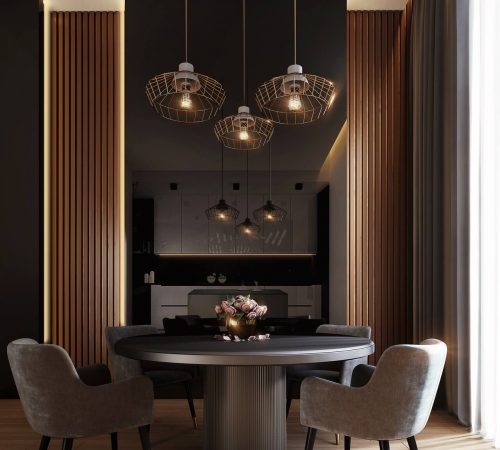
Incorporating the furniture trends in your designs as a Decorator & ReDesigner™, as well as in your staging projects as an UltimateStager™, ensures you remain ahead of your competition. Current influences have created new priorities for homeowners. Comfort, the use of natural materials, function, and adaptability, are all key factors when choosing furniture for the various rooms in a home.

Learn About our Decorating & ReDesign Certification






